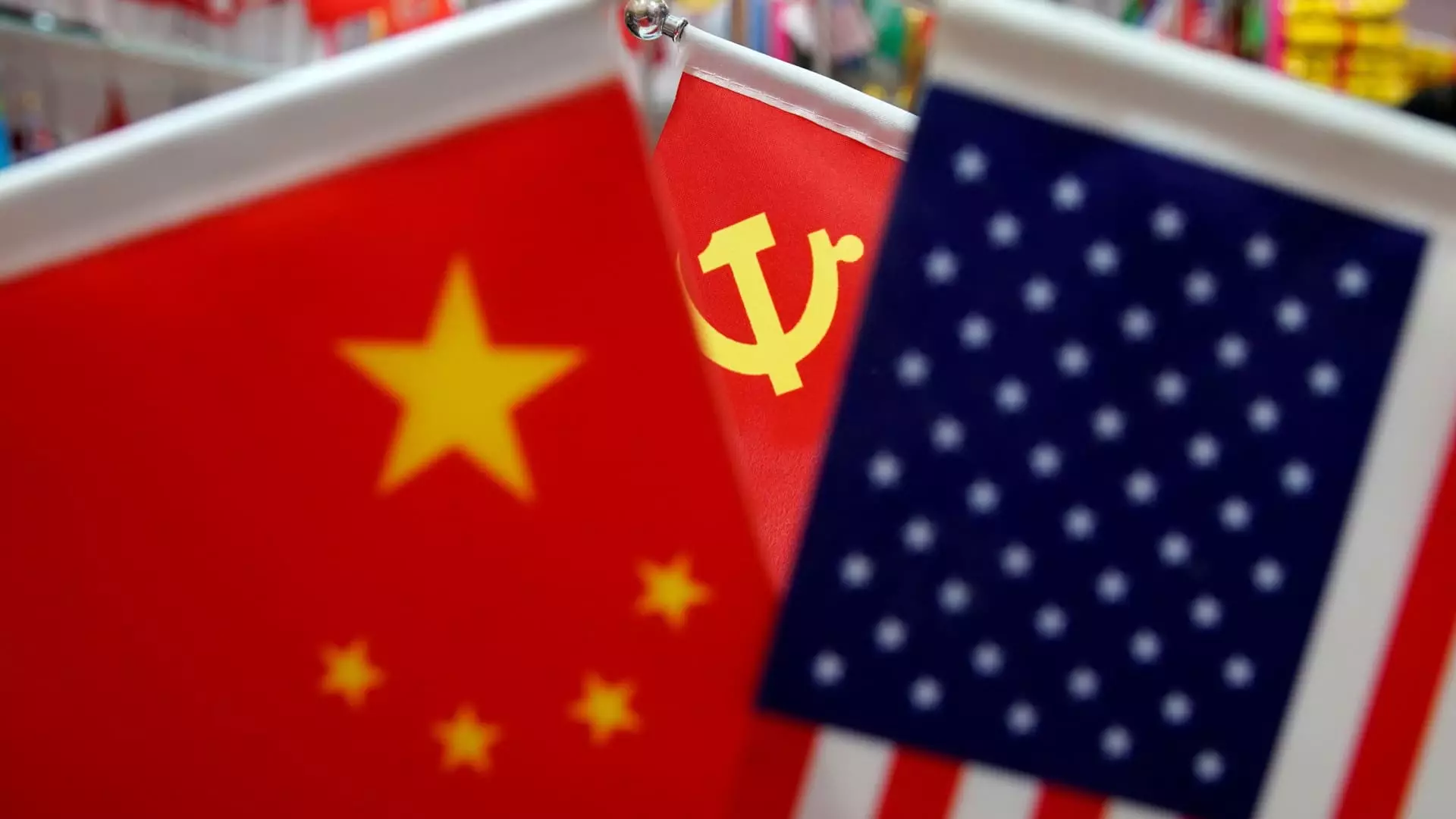As China navigates through economic challenges exacerbated by the global pandemic and trade tensions, the anticipated fiscal stimulus package has become a focal point for analysts and investors alike. The expectation surrounding this package, however, is influenced significantly by the early stages of the U.S. presidential election. As polls close in the U.S., the ramifications for China’s fiscal policy will depend heavily on whether Republican nominee Donald Trump or Democrat Kamala Harris emerges victorious.
The capacity and scale of China’s fiscal stimulus seem closely tied to the political dynamics in the U.S. In anticipation of a potential Trump victory, projections suggest that China could announce a stimulus package 10-20% larger than under a Harris administration. This expectation reflects a broader understanding that Trump’s trade policies could lead to stricter tariffs and heightened restrictions on imports from China. Such developments would not only complicate China’s trade landscape but could also intensify the need for robust domestic economic support.
Despite these outward-looking projections, some analysts caution against overstating the influence of U.S. politics on China’s economic strategy. Ting Lu, chief economist at Nomura, emphasizes that the majority of China’s economic struggles are intrinsic and must be addressed within domestic parameters. Acknowledging the complexities, he notes that while U.S.-China relations may be affected by the election outcome, the real impetus for an enlarged stimulus package will come from China’s internal economic conditions.
Zhu Bin, chief economist at Nanhua Futures, provides additional insights, arguing that if Trump wins, the pressing nature of domestic stimulus measures will likely grow. Trump’s historical inclination toward aggressive trade policies raises the stakes for an already underperforming Chinese economy, steeped in a real estate slump and sluggish consumer spending. Increasing reliance on domestic demand would become imperative, making it necessary for China to rethink its economic toolkit.
Local economic conditions have already led to caution within the Chinese leadership regarding expansive fiscal support. As the National People’s Congress concludes a pivotal meeting, analysts remain uncertain if transformative economic measures will be announced—especially if they perceive ongoing international competition as a constraint on policy-making flexibility. Such competition underscores the need for Beijing to prioritize technology enhancements rather than immediate fiscal injections, according to Liqian Ren, an expert in quantitative investment strategies.
In this ambiguous climate, market sentiment emerges as a critical factor determining the nature and urgency of fiscal stimulus. Ren posits that the stock market responses in China will play a pivotal role in shaping government actions. With increased volatility experienced over recent weeks—compared to previous years—there is a heightened awareness within the Chinese government of its obligation to restore confidence in the markets. Should the stock exchanges exhibit pronounced fluctuations post-election, the urgency around a fiscal response could intensify.
Xi Jinping’s administration, having already initiated discussions around enhanced fiscal and monetary policies, faces the dual challenge of stimulating domestic growth while managing market confidence. While lower interest rates have been implemented, concrete fiscal policy measures remain scarce and a subject of speculation.
One of the underlying issues in China’s fiscal policy landscape is the role of local governments. Analysts have noted that while central authority may wish to galvanize economic support, stringent enforcement on tax collections at local levels often hampers business activities. Local authorities, having relied heavily on revenues from land sales, are now feeling the pressure as these traditional sources of income dwindle.
The Ministry of Finance is cognizant of this attractive challenge, emphasizing that restructuring local government debts remains a priority. However, the chronic underperformance of local finance reflects a troubling narrative that might limit the overall impact of any forthcoming stimulus. In a unique predicament, many companies have reported pressures to rectify tax discrepancies that date back decades, which could stifle their capacity for immediate economic contribution.
With the U.S. election looming, the contours of China’s fiscal future remain uncertain, characterized by a delicate interplay of domestic challenges and international relations. As investors and analysts await Beijing’s response to the U.S. electoral outcome, the complexities of local versus national economic priorities will shape the contours of fiscal policy. Any stimulus announced will ultimately reflect not only on anticipated foreign policy dynamics but also on the myriad domestic realities that continue to challenge China’s path forward in its economic recovery journey.

